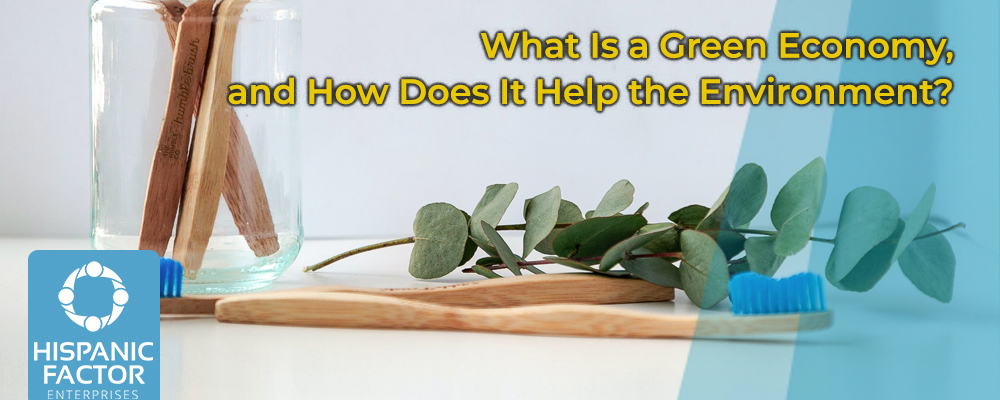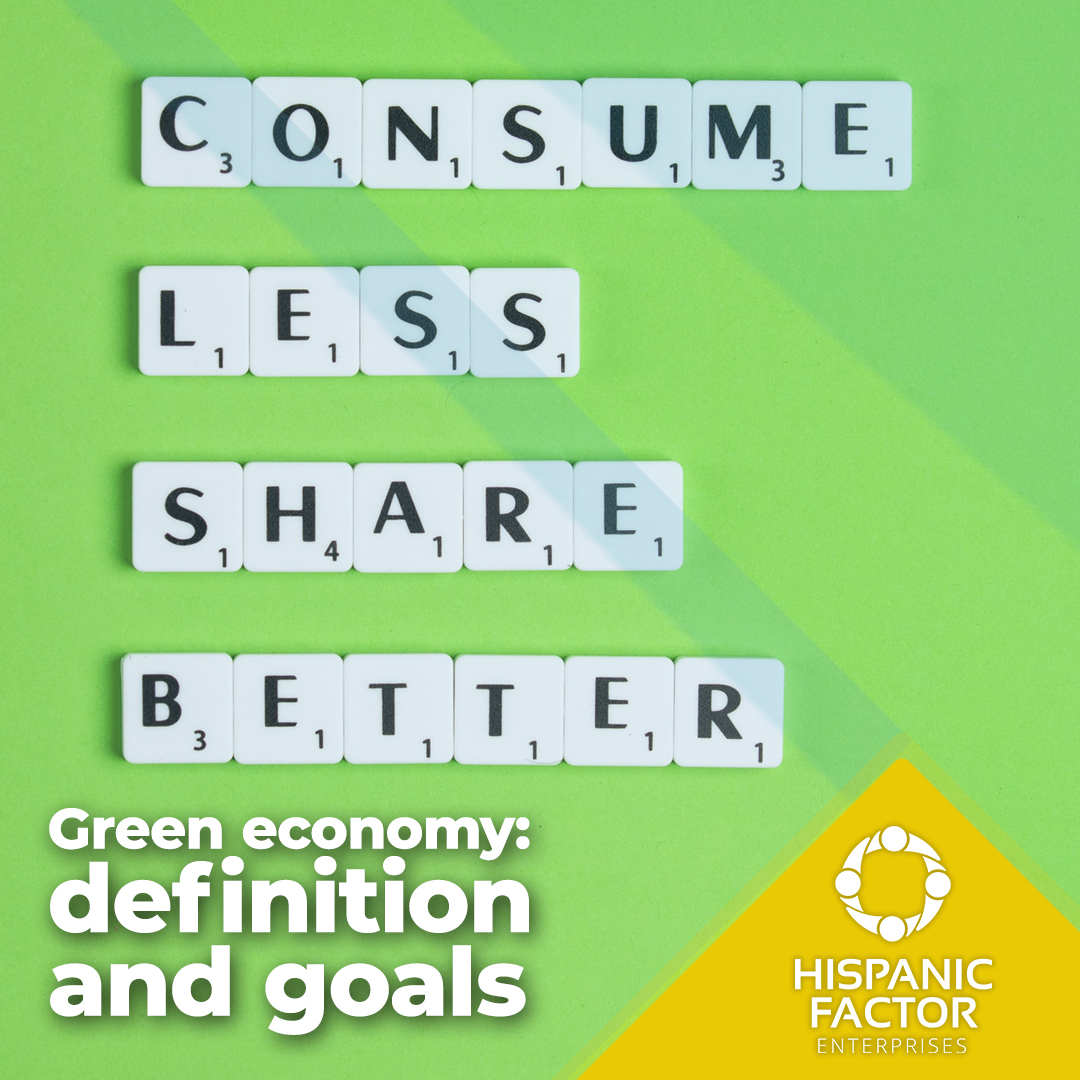
Our society is becoming more aware that global warming and climate change have significant short and long-term consequences. For that reason, many companies are beginning to bet on a green economy, a concept that, although it has only been in use for a short time, looks set to have a long future.
This economic model aims to incentivize sustainable development and reduce environmental malpractice. According to the United Nations Environment Program (UNEP), a green economy can improve human well-being and social equality if carried out well.
A green economy affects not only the economic sphere but also the social and environmental ones. Thus, companies, investors, markets, and societies should agree to adopt sustainable practices to guarantee long-term profitability and social well-being and protect the environment.
These are some of the projected benefits of implementing a green economy:
So these are its goals:
In terms of sustainability, a green economy may be the ideal model, as it simultaneously strives for social and environmental well-being and economic growth. It seeks to improve our lives by reducing pressure on natural systems and facilitating economic development.
The European Union has set more than 130 separate environmental objectives and targets between 2010 and 2050, which aim to move Europe towards the green economy. Some of them are:
Embracing a green economy makes it possible to evaluate the level of transformation and growth in green businesses, analyze the impact of development according to the extraction and utilization of available resources, and assess the social impact according to the population’s access to basic resources, health, and education.

Twitter: HispanicFactor
Instagram: HispanicFactor
Facebook: HispanicFactor